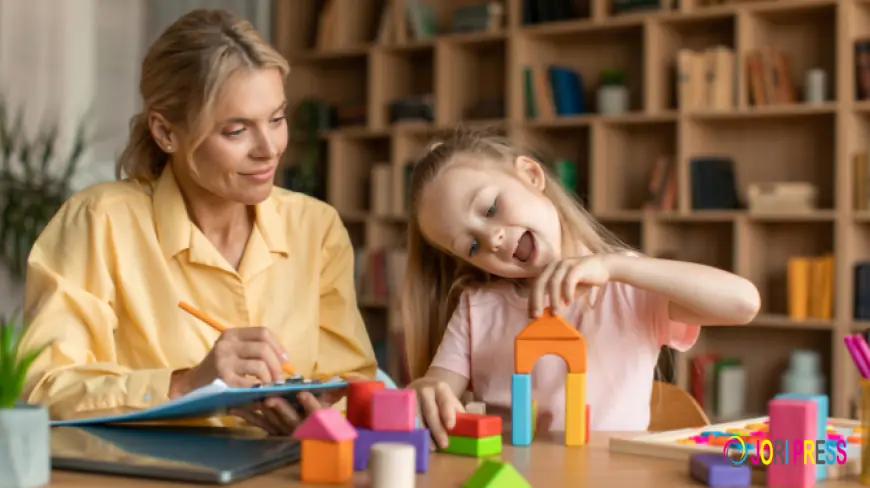How Child Psychologists Help Kids Build Lifelong Emotional Skills
Discover how child psychologists help kids develop emotional intelligence, resilience, and healthy coping skills—building a strong foundation for lifelong mental and emotional well-being.

When parents seek support from a child psychologist, it's often in response to specific concerns like anxiety, difficulty adjusting to school, behavioral issues, learning challenges, or bullying. These are all valid reasons to reach out. But child therapy isn’t just for moments of crisis; it’s also a powerful preventive tool that can help children develop skills that last a lifetime.
Child Psychologist NJ focuses not only on addressing immediate concerns but also on nurturing emotional intelligence, resilience, and social awareness in young people. Below, we explore three powerful and lasting benefits of early therapeutic support for children.
1. Building Strong Coping Skills Early in Life
Therapy gives children a safe space to explore their thoughts, feelings, and behaviors. Through guided sessions, kids learn how to:
- Identify and name their emotions
- Express themselves in healthy ways
- Manage stress, anxiety, or frustration
- Problem-solve and make thoughtful decisions
While sessions may begin with a focus on specific issues, such as tantrums, sleep disturbances, or anxiety, the deeper value lies in the internal tools children develop. These tools empower them to face future challenges with greater confidence and clarity.
Rather than trying to "fix" problems, a psychologist helps children understand and manage them turning difficulties into opportunities for growth.
2. Encouraging Empathy and Social Understanding
Children can sometimes struggle to interpret the behavior of others, especially when overwhelmed by their own emotions. Therapy introduces them to the concept of perspective-taking learning to consider what others might be feeling or experiencing.
With the help of a compassionate but neutral professional, children begin to understand that:
- Others may think or feel differently from them
- Emotions drive behavior
- Conflict doesn't always mean rejection
- Healthy relationships require communication and compromise
This skill seeing beyond their own emotional world supports better social connections and reduces feelings of confusion or isolation. It’s a life skill that helps kids navigate friendships, school environments, and eventually, adult relationships.
3. Normalizing Mental Health Support and Building Trust
Perhaps one of the most powerful benefits of child therapy is simply knowing that help is available and that seeking it is okay. Early experiences with therapy can normalize the idea of asking for support and reduce the stigma often attached to mental health treatment.
This creates a foundation of emotional trust, where children:
- Understand that it’s okay to feel overwhelmed
- Know that they are not alone
- Feel empowered to seek support in the future
Many mental health professionals report that early intervention leads to better long-term outcomes. Children who experience therapy during developmental years are more likely to engage in proactive self-care and continue prioritizing their emotional well-being as they grow older.
Investing in Mental Health from the Start
Supporting a child’s emotional development is just as essential as their physical or academic growth. With the rising awareness around Mental Health NJ, more parents are recognizing the value of early intervention and emotional education.
Whether your child is facing a specific challenge or you simply want to build a foundation of resilience and self-awareness, therapy offers powerful, age-appropriate tools that foster healthy emotional development.
Child Psychologist NJ isn’t just about solving problems it’s about helping children thrive in every aspect of their lives.
What's Your Reaction?
 Like
0
Like
0
 Dislike
0
Dislike
0
 Love
0
Love
0
 Funny
0
Funny
0
 Angry
0
Angry
0
 Sad
0
Sad
0
 Wow
0
Wow
0

















































